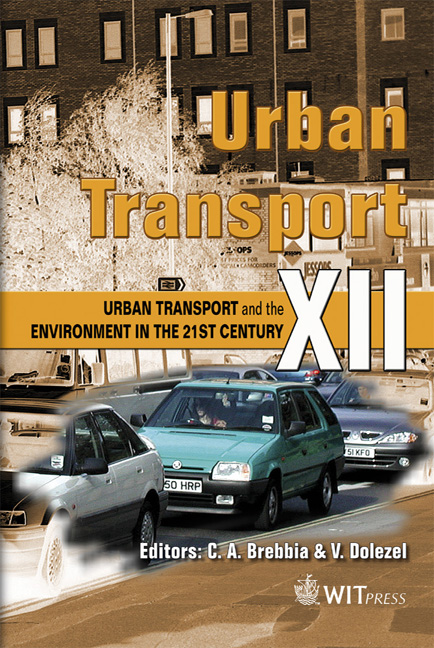Rational Policy Goals: Road Safety In Scandinavia
Price
Free (open access)
Transaction
Volume
89
Pages
7
Published
2006
Size
307 kb
Paper DOI
10.2495/UT060161
Copyright
WIT Press
Author(s)
H. Rosencrantz
Abstract
The road safety policy goal in Sweden, as well as the corresponding goals in Denmark and Norway, states that it is unacceptable that anyone is killed or seriously injured as a consequence of road traffic. Although these goals are wellmeant, it could plausibly be asked whether it is rational to have pose such an unrealistic or utopian goals like that of reducing road traffic fatalities and serious injuries to zero. This paper discusses rationality of goals in general, and presents specific criteria for rationality assessment. Several problems with the Swedish road safety policy goal are identified, but it is concluded that it is action-guiding and hence rational. Keywords: road safety, policy goal, rationality. 1 Introduction Vision Zero, Sweden’s national road safety policy goal, states that all road traffic fatalities and all serious traffic injuries are to be eliminated; in the long run, no one should be killed or seriously injured as a consequence of road traffic [1–3]. Similar goals have been set in Norway [4] and in Denmark [5]. Soon after Vision Zero was officially adopted by Parliament in October 1997, the goal was supplemented by an interim target, stating that in 2007 the number of killed people on the road should be reduced by at least 50 percent [6–8]. The European Commission has adopted a similar interim target, aiming at a reduction of at least 50 percent during the period from 2000 to 2010 [9]. Although each of these goals is well meant and certainly ambitious, it could plausibly be asked whether it is good to have a policy goal aiming at zero fatalities and serious injuries. It is true, of course, that the reduction of all such
Keywords
road safety, policy goal, rationality.





